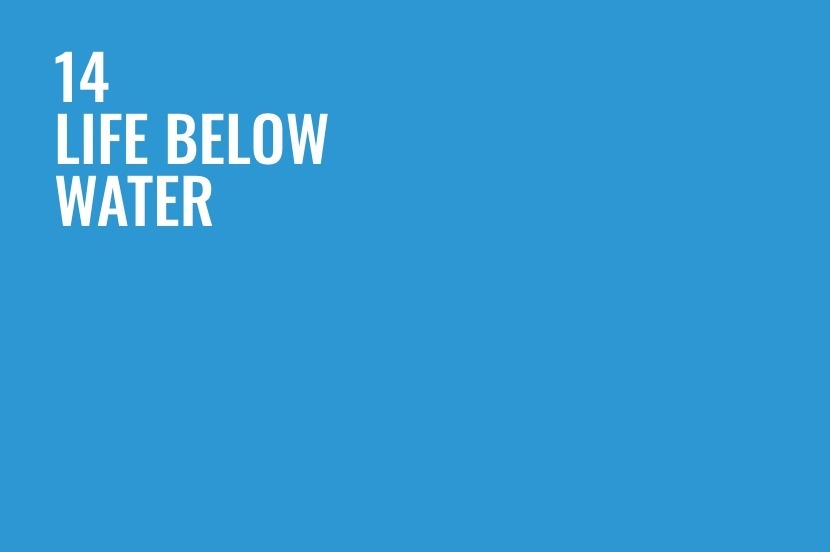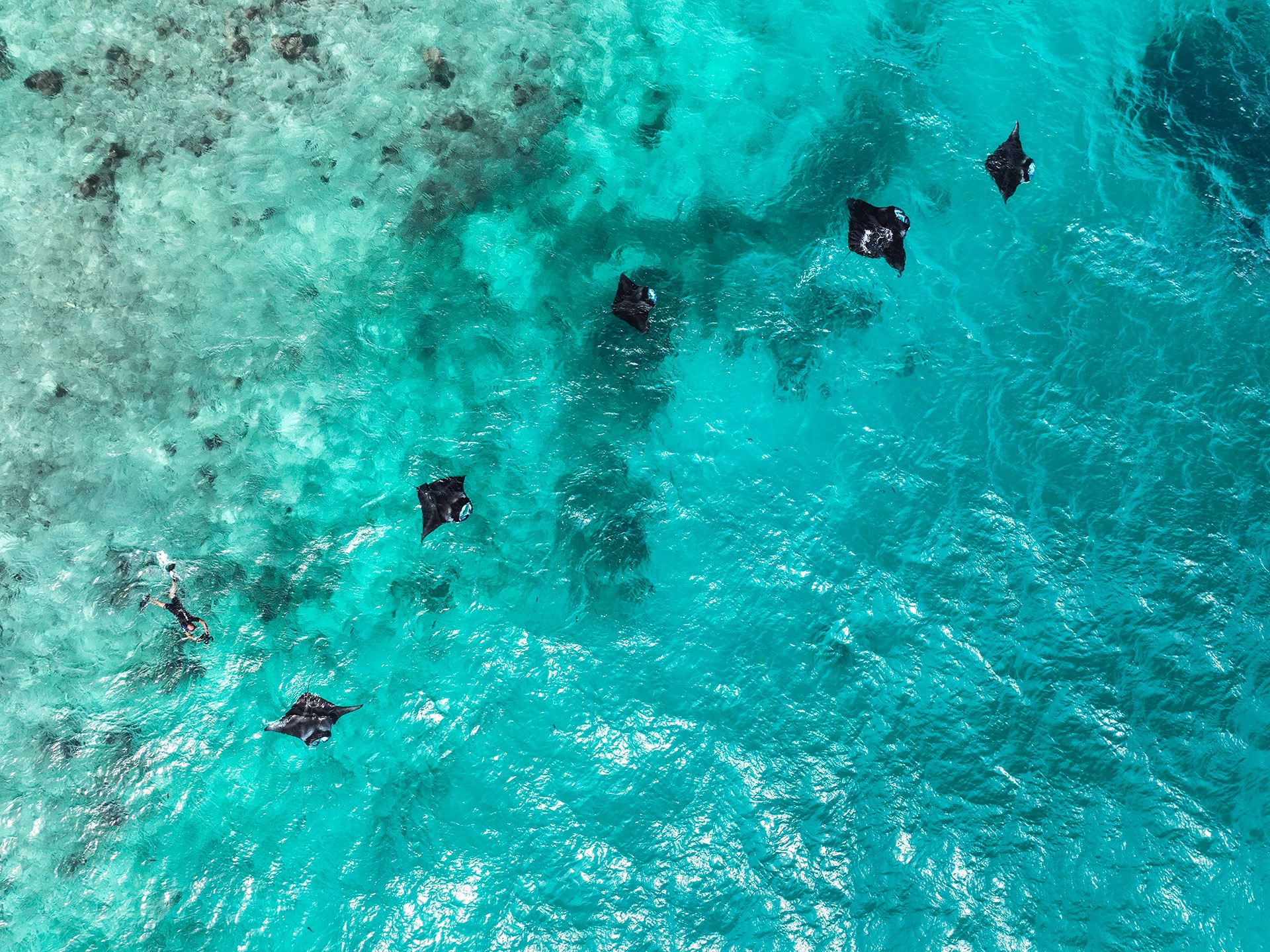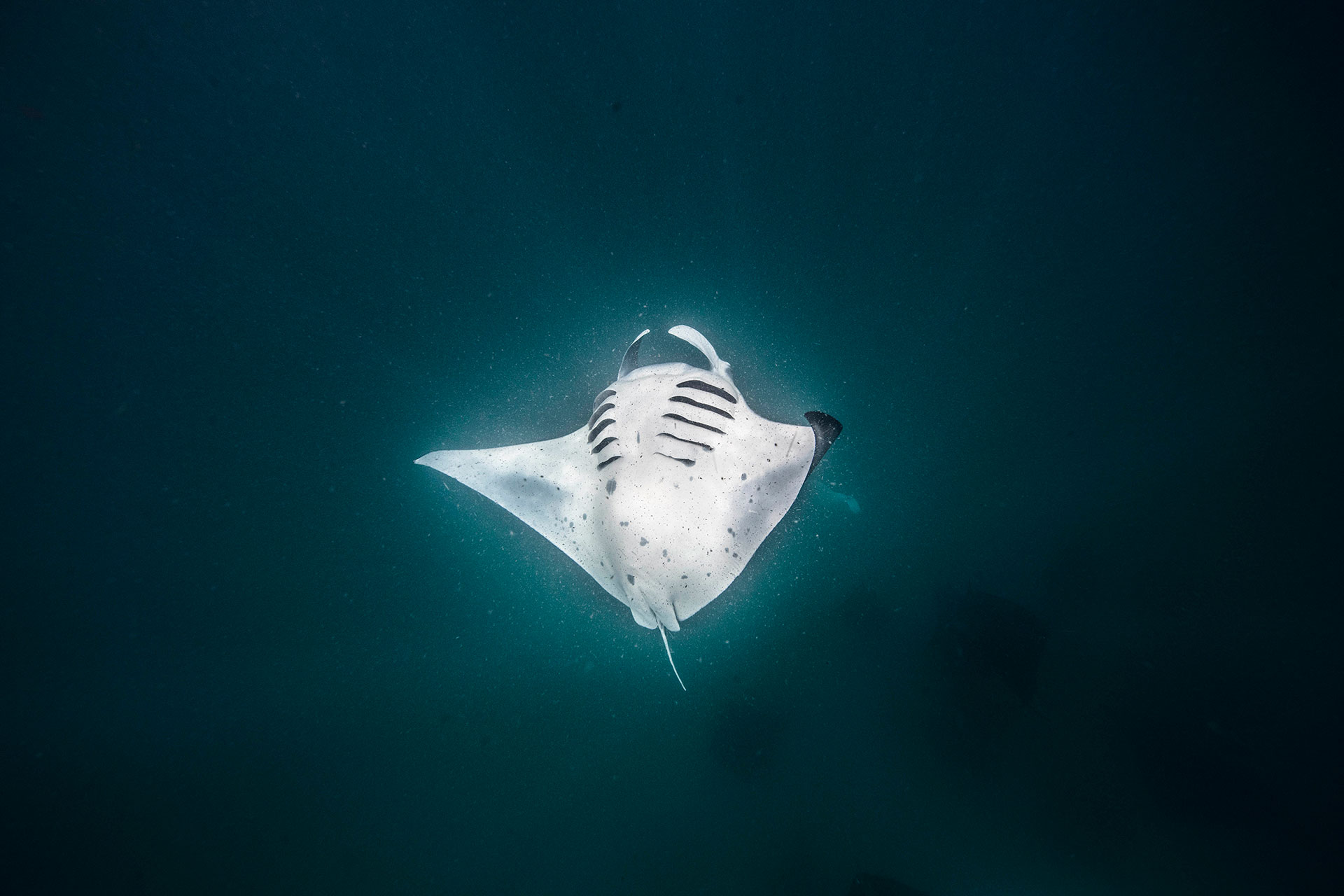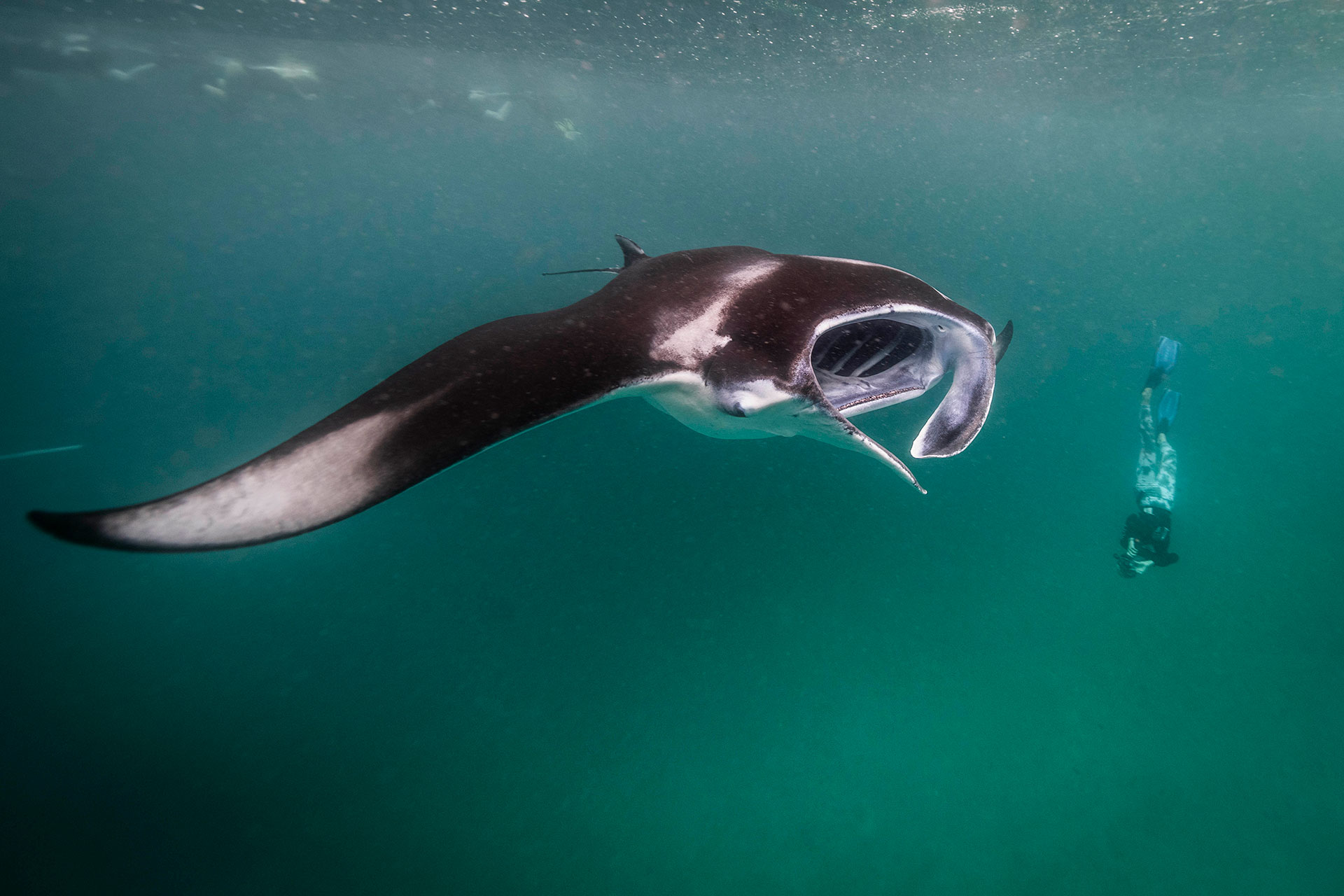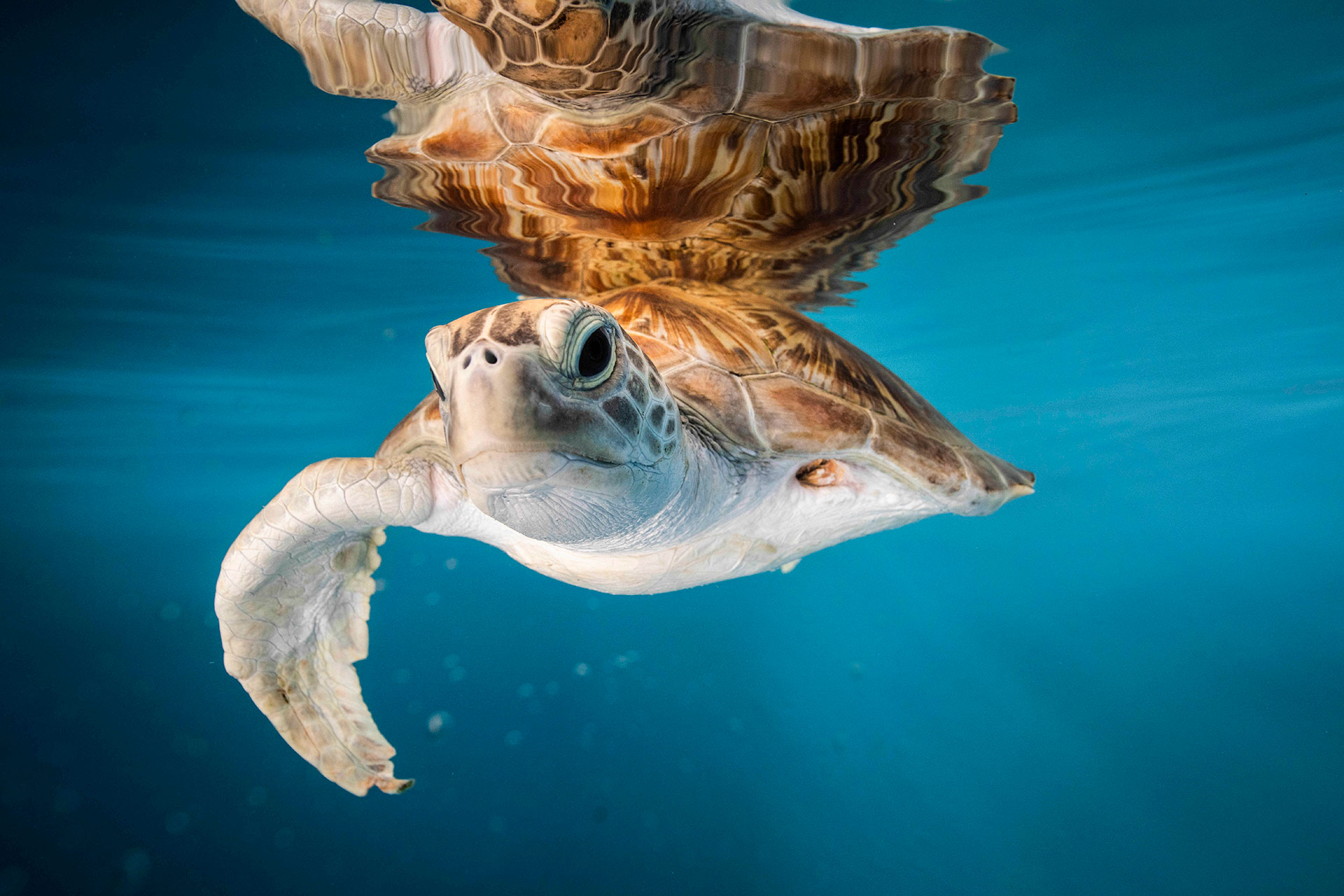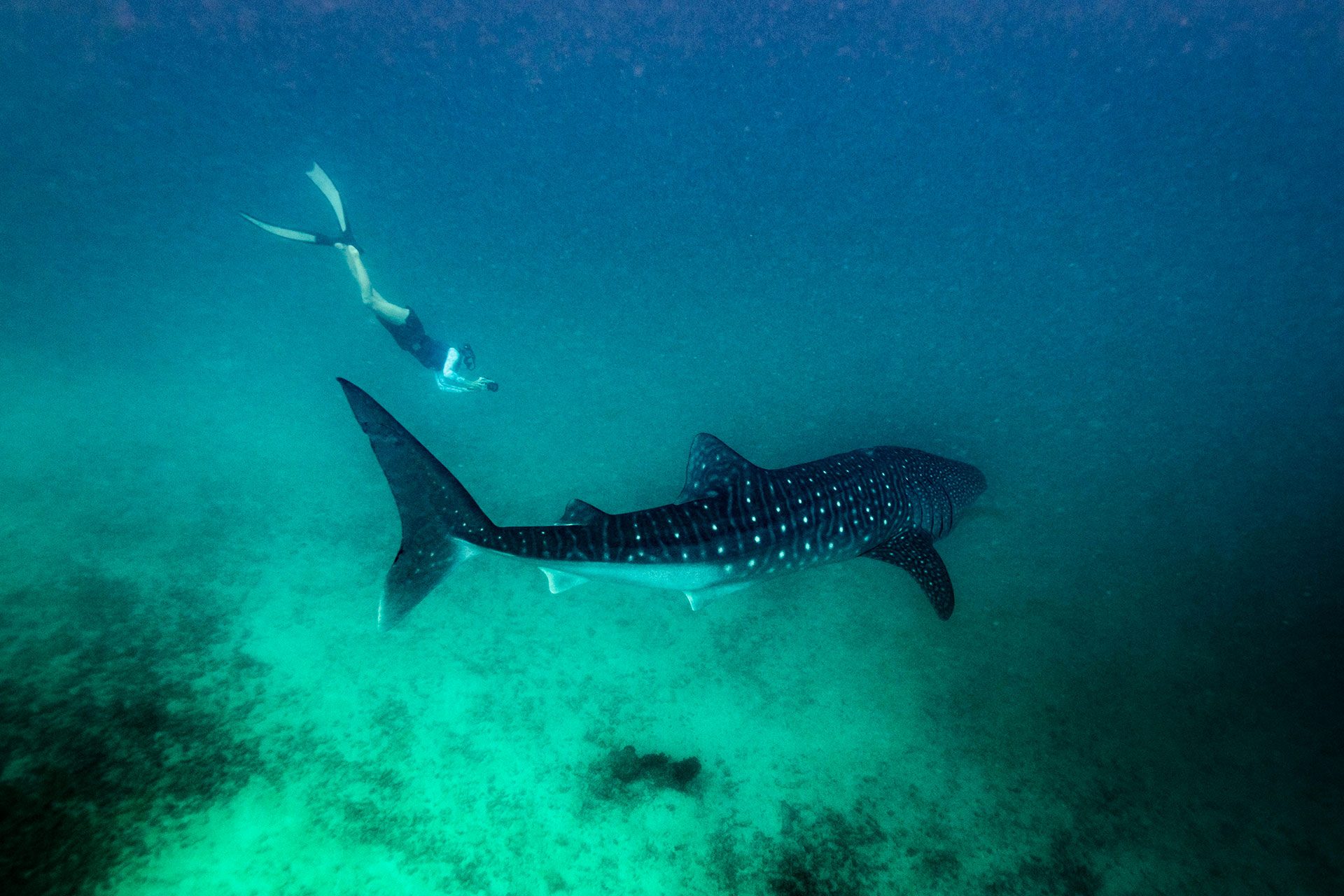SDG 14: Life below water >
SDG 14: Conserve the oceans, seas and marine resource
Maldive Islands
In 2022, the Maldives archipelago celebrated a very special jubilee: the Golden Jubilee of tourism. It was in fact 1972 when Italians were the first tourists to set foot on this small paradise-state spread over 26 atolls and more than 1,000 coral islands, followed closely by travellers from all over the world.
Today, tourism accounts for more than 35% of the Maldives’ GDP and contributes significantly to the country’s economic development. This development, however, is not without consequences.
In some corners of the Maldives, away from the big organised travel circuits, cooperative projects exist that aim at preserving marine fauna and flora.
In Dharavandoo, for example, the Manta Trust is an association that works for the conservation of mobulids, a species that is highly threatened by litter in the seas. In Dhigurah, on the other hand, the Whale Shark Research Program protects whale sharks, a native species facing extinction due to changes in Maldivian marine ecosystems.
Intensive beach exploitation, on the other hand, is increasingly reducing space for turtles that do not know where to lay their eggs, but help is coming from the Olive Ridley Project in Dhuni Kholu, which cares for these species before they become endangered.
Tourism, however, is not the only problem facing the Maldives.
Another major challenge for the archipelago is climate change. The accelerated melting of glaciers is rapidly raising ocean levels.
This is a real threat of extinction for the lowest sea level state in the World. Not surprisingly, President Ibrahim Solih has stated that he fears the Maldives may disappear by the end of this century.
This is an apocalyptic scenario that Maldivians are trying to avoid at all costs, including through international cooperation, with projects such as the Modular Artificial Reef Structure (MARS), an initiative that involves the creation of transplant coral created by 3D printing that promotes the growth of bionic corals. A smart, zero-impact way to create natural barriers against rising seas.
Date:
July 21, 2023

